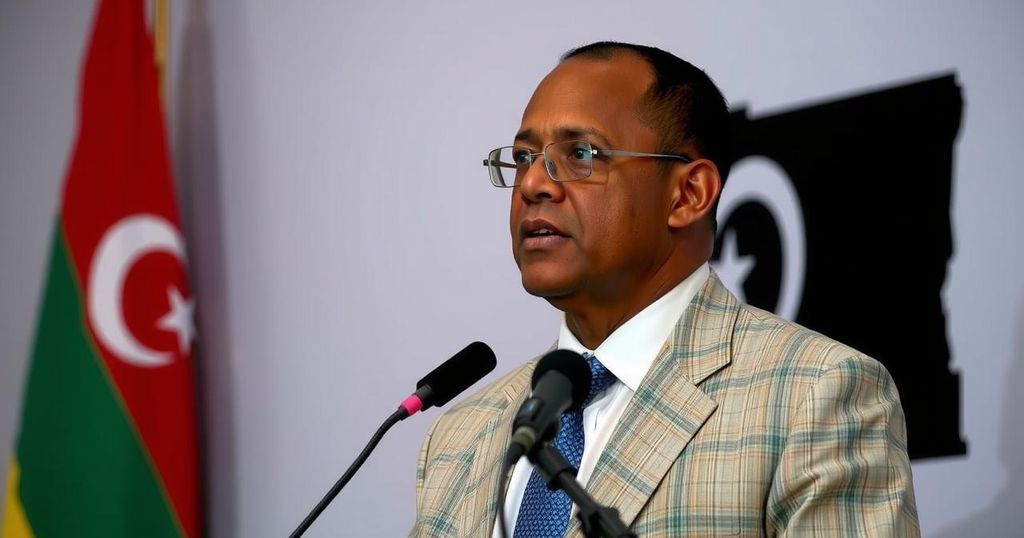The UN launched a new plan to resolve Libya’s political deadlock and facilitate presidential elections. Deputy Special Representative Stephanie Koury outlined the initiative involving an expert advisory committee to address electoral issues and promote inclusivity. Acknowledging the challenges faced by Libya, Koury underscored the need for international support to help Libyans achieve a stable political resolution.
The United Nations has unveiled a strategic plan aimed at surmounting the political impasse and facilitating the overdue presidential elections in Libya. During a briefing to the Security Council, Deputy Special Representative for Libya, Stephanie Koury, delineated the initiative which entails the formation of an expert advisory committee commissioned to scrutinize electoral legislation and propose a comprehensive roadmap for elections. This committee will reflect diverse political, social, and geographical aspects of Libyan society. The mission also emphasizes fostering inclusive dialogue, particularly involving youth and women to build national unity and enhance political legitimacy.
Libya has remained politically fragmented following the fall of Muammar Gaddafi in 2011, leading to the rise of competing administrations. The planned elections, initially slated for December 2021, were delayed due to various disputes. Koury emphasized the Libyan people’s desire for national elections and reflected on the necessity for timely political changes. She urged international collaboration and local commitment to realize these goals despite existing challenges such as arbitrary detentions, regional instability, and deteriorating conditions within Libya.
Koury described recent developments, such as the reinstatement of the Central Bank’s Board of Directors, as pivotal for political and economic stability. She raised concerns regarding arbitrary detentions and custodial deaths, calling for transparent investigations into these incidents. Furthermore, the influx of Sudanese refugees due to conflict in neighboring Sudan adds a layer of complexity to Libya’s challenges. Koury implored the international community to unify in their support of the UN’s plan, indicating that Libya has potential for progress via cooperation and compromise among its political factions.
This renewed call for action is essential, as Koury concluded that the Libyan populace has the capacity and determination to navigate towards a stable political resolution.
The political landscape of Libya has been unstable since the fall of the Gaddafi regime in 2011, resulting in a protracted division between rival administrations. The internationally recognized Government of National Unity operates from the northwest while the Government of National Stability functions in the east. The aspirations for national elections have been continuously thwarted by disagreements over electoral laws and candidate eligibility. The current UN initiative seeks to overcome this deadlock by promoting inclusivity and establishing a solid foundation for democratic processes.
In summary, the UN’s announcement highlights a pivotal moment for Libya as it seeks to resolve its long-standing political crisis and move towards elections. The establishment of an advisory committee and the emphasis on inclusive dialogue are significant strides toward building a unified national vision. The urgent call for international support underscores the collaborative efforts required to foster stability and legitimate governance in Libya.
Original Source: news.un.org






